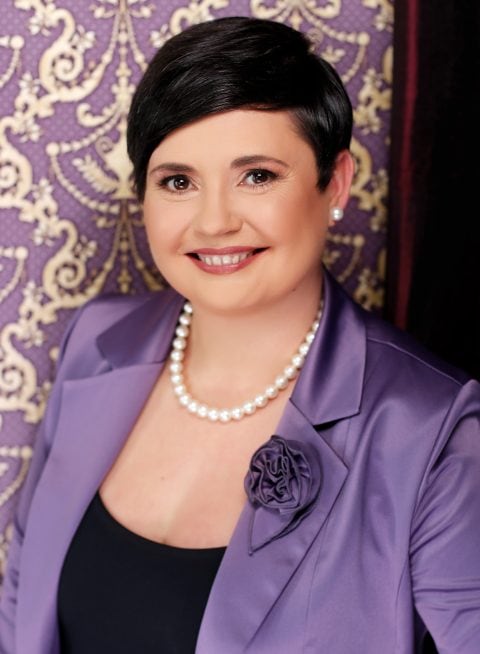Looking back at the year we leave behind, it can be said that 2015 made it clear once again that people plan and Gods laugh. In order to face the challenges ahead of us, we need a different paradigm for leadership and strategic communications. To achieve it, we need to bring truthfulness back where it belongs: at the very core of our thoughts, speech and actions.
Reading the Economist outlook for 2016 I cannot stop noticing how very few things we were able to predict a year ago that have essentially influenced our lives this year. From the migrant crisis in Europe to the mighty economic growth in the Czech Republic, richly fueled by the last-minute withdrawal of EU funds, and to the insidious fear and irrational response of people we thought we knew in reaction to the terrorist attacks in Paris and across the world, we were (yet again) naïve to hope we finally understood our world. As always, life found a way to show us that our logical systems of measurement and prediction are, simply, insufficient when faced with a dynamic, multifaceted reality.
The question that gives many leaders a shiver is therefore: if we can’t rely on the systems we thought we understood, how can we continue doing what we do? How can we lead our organisations, institutions and lives, when there are so few certainties around us?
The answer to this question that I have been exploring for the past few years in communications and leadership is relatively simple: by letting go. In my experience, it is only when we become able to let go of our (illusory) certainties and fierce reliance on a predictable, measurable future that we can make room for something else. It is only when we stop identifying our sense of self-worth with the percentage of growth we achieved last year when we can take genuine distance and consider things in perspective. It is only when we learn to accept that the dictatorship of growth has an alternative – a healthier, more sustainable, cyclical, individual, economic life – that we can experience freedom. And it is only when we take personal responsibility for what is truly ours that we can start seeing our hidden resources and be able to take the next step.
Yes, but how do we do that? What I’ve learnt for the last five years, since strategic communications for leadership has become the focus of my activity, is that trust is the most expensive and yet most volatile currency today. It is your ability to inspire trust that gets you into a new corporate or political leadership position. It is your ability to trigger trust that keeps your people honest and engaged, and keeps fluctuation within your organisation at bay. It is your ability to cultivate trust that will keep your customers flying away when a cheaper alternative pops up in the market. It is trust that will shield your organisation better than any other insulating coat when a new crisis arrives.
There is only one trick to achieving trust. You can’t do that unless you are consistent in your words and deeds. And you cannot be consistent unless you’re truthful – and open – about what is really going on. There has been so much sugar-coating in communications that people are sick of it. Daring to look at what is and communicate it with your stakeholders timely, openly and responsibly is the way to make a genuine difference as an individual and organisation today.
Not so long ago I was stunned to see a headline claiming that “emotions don’t belong into the business sphere.” I dare argue the contrary. If we want to be able to move on, we must open up to exploring new paths in leadership and communications. Some of these paths are:
- Emotional intelligence. Know thyself is a timeless invitation. It is only when you know and understand yourself and when you become able to calibrate your behaviour according to circumstances that you can gain genuine self-confidence and achieve your goals.
- Intuition. For the last centuries our world has been dominated by logical, measurable systems. We have completely forgotten about our second leg, intuition, the ability to trust our instincts in order to move forward. We need to rediscover our intuition and learn to trust it also when it comes to major resolutions.
- Openness. We can struggle as much as we want to with accepting or not accepting migrants in the Czech Republic. Alea iacta est or the die is cast and people are moving across the world may we like it or not. The question remains: are we able to turn this new reality into an opportunity, or are we going to consume ourselves from within with rage, fear and longing for a world as we want it to be, as opposed to building strategies for dealing with the world as it is?
It is my firm belief that leadership that lasts is fueled by conscious communication. And it is my hope that, out of the uncertainties and incomprehensible, unpredictable crises of today, a new leadership paradigm will emerge. One free of the dictatorship of growth by all means and solidly anchored in truthfulness. And hopefully, conscious, strategic communications will be there to assist leaders along the way. For our own sake.
This post has been first published by the Czech & Slovak Leaders Magazine in my personal column I, the Brand. Republished with permission.


